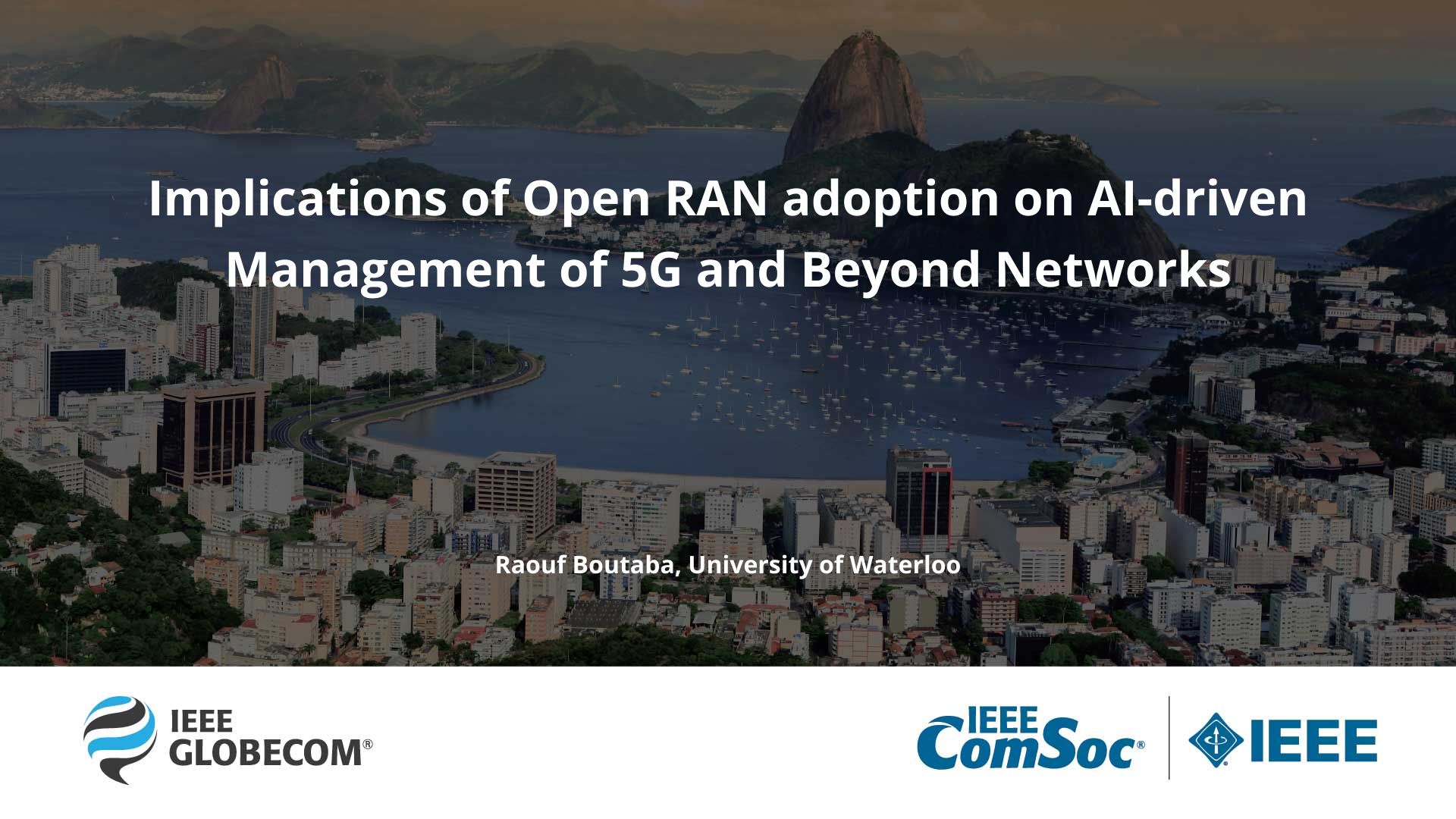
Current 5G networks and incoming beyond 5G (B5G) networks are expected to support a wide range of emerging use-cases such as holographic communication and autonomous vehicles, with diverse requirements in terms of throughput, latency, and reliability. Supporting such multi-faceted requirements mandates a highly flexible end-to-end network architecture, enabled by network slices spanning from the Radio Access Network (RAN) to the mobile core. Legacy RAN solutions rely on closed-box functions and proprietary interfaces, which makes RAN and end-to-end slicing difficult. There has been recently a push toward adopting the principles of disaggregation, virtualization, and open interfaces in the RAN, known as Open RAN (ORAN). The concept of ORAN improves the flexibility of the mobile RAN, and benefits operators by increasing innovation rates and reducing operational costs. However, realizing the full potential of ORAN dramatically increases the complexity of resource management in the infrastructure and necessitates automated network management powered by advanced data processing and AL/ML techniques. This talk will discuss some of the challenges and benefits of incorporating ORAN into 5G autonomous network management with particular focus on programmable network monitoring, unsupervised learning for fault detection and localization, and reinforcement learning for online slicing and admission control.


